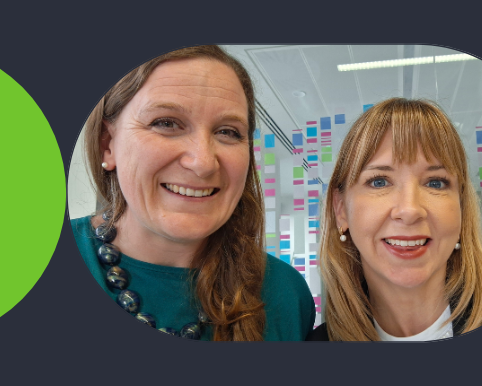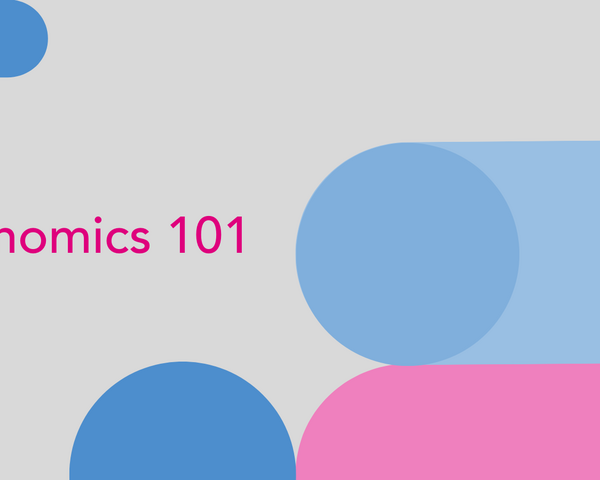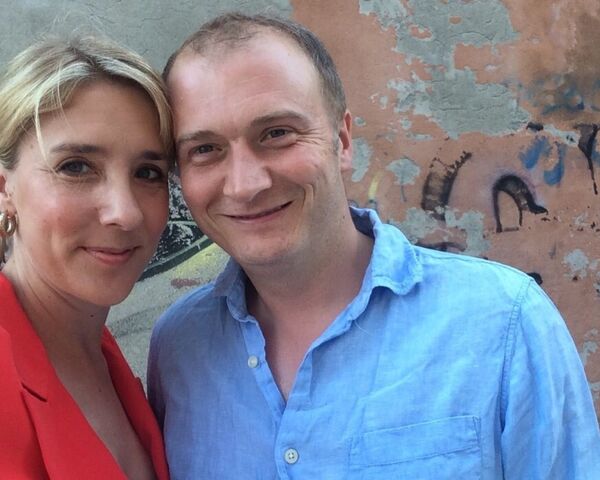20 years living with rare, incurable cancer: GIST sarcoma
By Rachel Gilbert on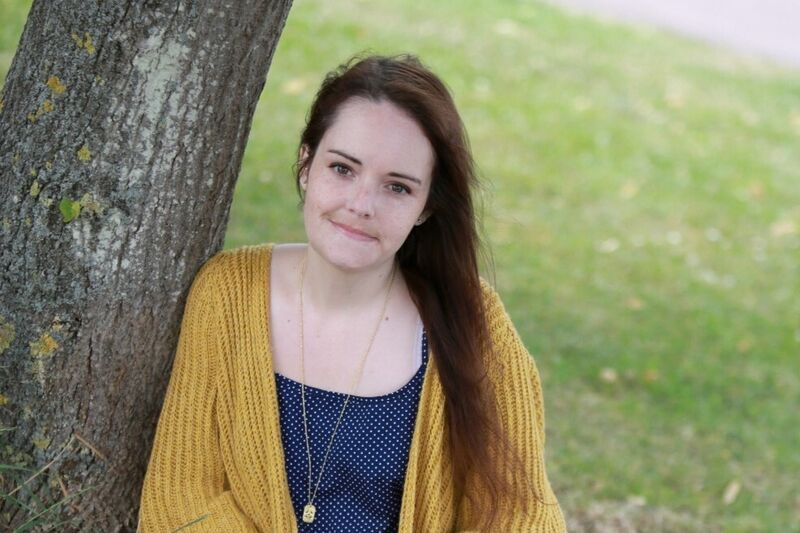
My name is Rachel Gilbert. When I was 15, I was a very fit and healthy gymnast training 6 days a week. The last place I expected to be was sat in an oncologist’s office, hearing big words like ‘gastrointestinal stromal tumours’, or GIST. I would soon become very familiar with this rare form of sarcoma, as it was to have an enormous impact on my life.
The timing of my diagnosis was both lucky and unlucky. It was unlucky in that my doctors believed I may have had GIST for up to 5 years and it had grown to over a dozen tumours equalling the size of a melon, meaning that my outlook was not very good and I had to go straight onto palliative care.
It was lucky in that it was 2001 and the trial drug Glivec, dubbed the ‘Miracle Pill’, had just come out. While the trial's minimum participant age of 18 posed another big obstacle, my doctors and hospital applied for it on something called "compassionate use", which means I would die without receiving it. Because of this, I was able to join the trial.
As a scared 15-year-old, I looked for people like me going through the same things. However, sarcoma is often a lonely cancer and I only really met other people through support group and organisations like Sarcoma UK. They became invaluable to both me and my worried parents, mainly to discuss symptoms and treatment options. In recent years, organisations like these have been at the forefront in providing funding for research that rare cancers like sarcomas desperately need.
That 15-year-old is now 35 and has been living with GIST for over 20 years. Part of me can’t believe it has been so long and the other part that has dealt with the fatigue, pain, and treatments every day feels like it’s been longer. Most people I speak to can’t believe someone can live with cancer for so long, but it is becoming more and more common for cancer patients to live with cancers for years.
Although my life may not have turned out how 15-year-old me had dreamt of, I’m incredibly grateful for these 20 years that, at the beginning, I wasn’t sure I was going to get. Although it’s often been hard, there has also been plenty of laughter and I have done lots of things I love with people I love.
I feel very fortunate that trial drugs have come out at the perfect time for me. When the tablet chemotherapy Glivec stopped holding my cancer stable, I went to a trial drug called Sunitinib, and later onto another called Regrafenib. The latter of the two I did not tolerate well and it made me feel pretty poorly with limited changes in my disease.
In 2017, I was offered whole genome sequencing. It was a simple blood test which was incredibly helpful. It showed that I had a genetic mutation meaning that I was not only susceptible to getting GIST but to getting two other rare cancers. I am now screened for these cancers every year. Getting genetic testing also helped my doctors understand that the 3 drugs I had been on previously aren’t ideal for my genetic mutation known as SDH Deficient GIST.
I’m very hopeful that now knowing this missing piece of my complicated cancer puzzle will find the best treatment for me and maybe even one day a cure!
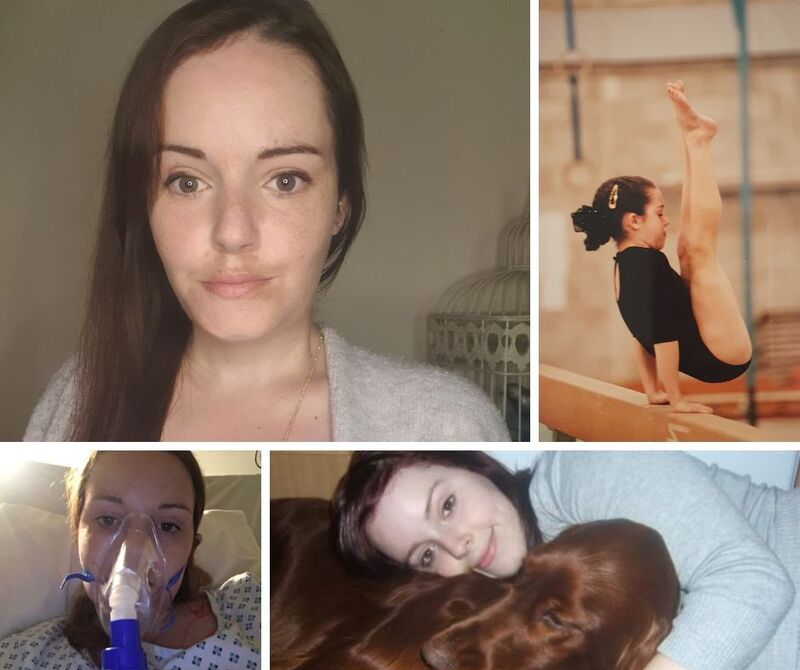
Photos of Rachel throughout her life, from being a gymnast (top right) through her cancer journey. Credit: Rachel Gilbert
Support for those affected by GIST and sarcoma
- Sarcoma UK provides information about sarcoma, as well as information on ongoing research. They curate a list of of local sarcoma support groups around the UK, including the dates of their next meet-ups.
- GIST Cancer UK is a network of GIST patients and carers that provides information and support to those living with GIST in the UK, including in-person patient meet-ups.
- PAWS-GIST Clinic is a centre of expertise working to understand GIST is young people and all with wild-type GIST.
- The Life Raft Group, an international organisation, offers resources and support, as well as a directory of global GIST specialists and information on GIST clinical trials.
- Sarcoma Patients in the UK & Ireland (Facebook group) offers friendship and support to past and current sarcoma patients.
- Bone Sarcoma Peer Support promotes emotional and mental wellbeing via one-to-one peer support.
- Desmoid United UK (Facebook group) is for anyone affected by Desmoid Type Fibromatosis tumours to share their stories and get community support.
- Gynae Sarcoma email forum provides emotional support for anyone affected by gynaecological sarcomas and a place to discuss things like diagnosis and treatment.
- Macmillan Cancer Support has active discussion threads for both soft tissue sarcoma and bone cancer sarcoma where members can ask questions and share experiences.
